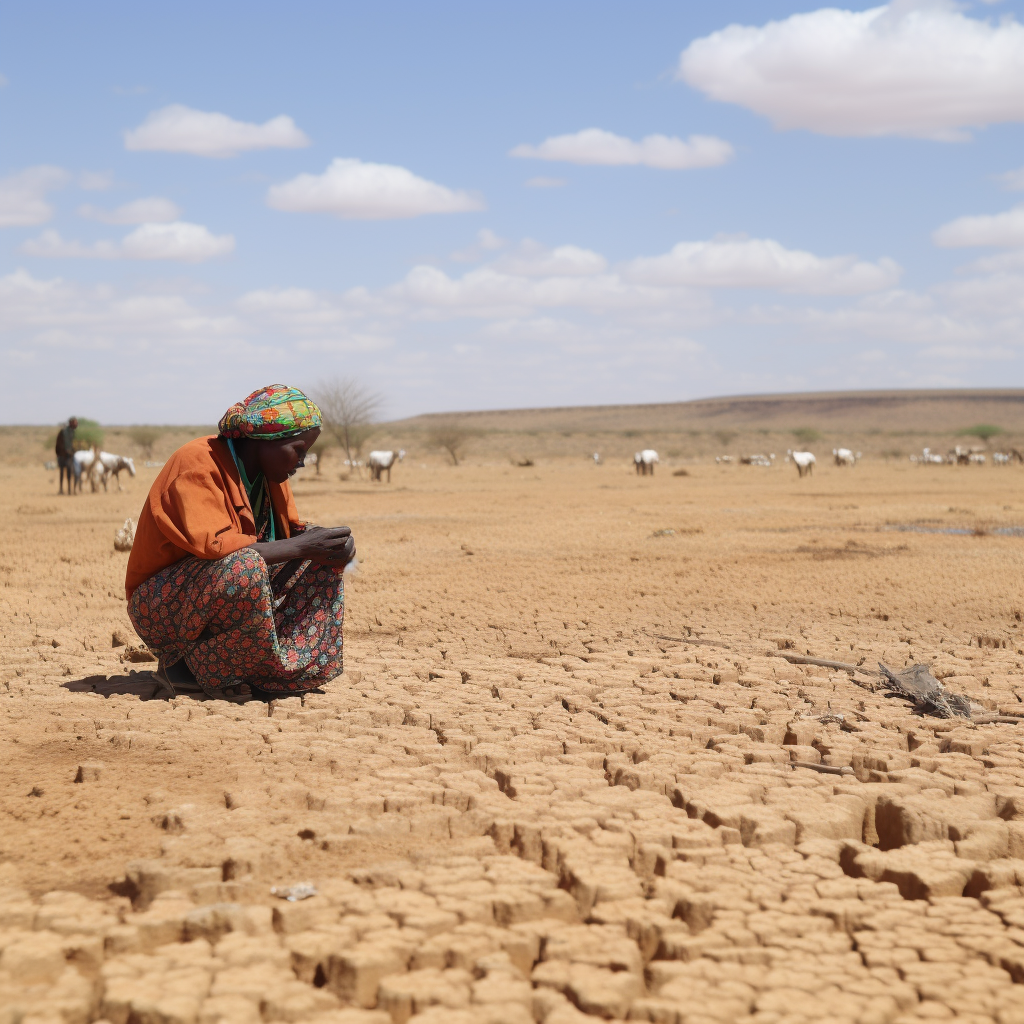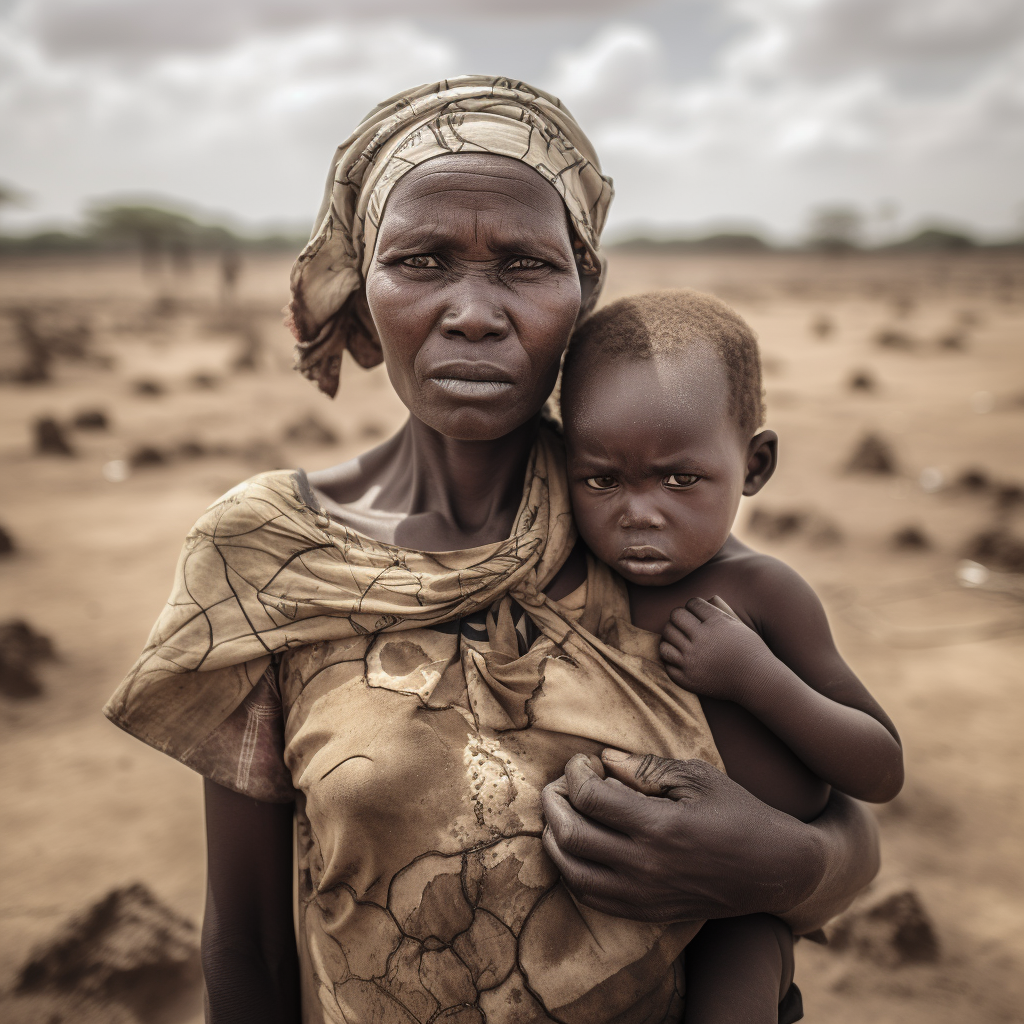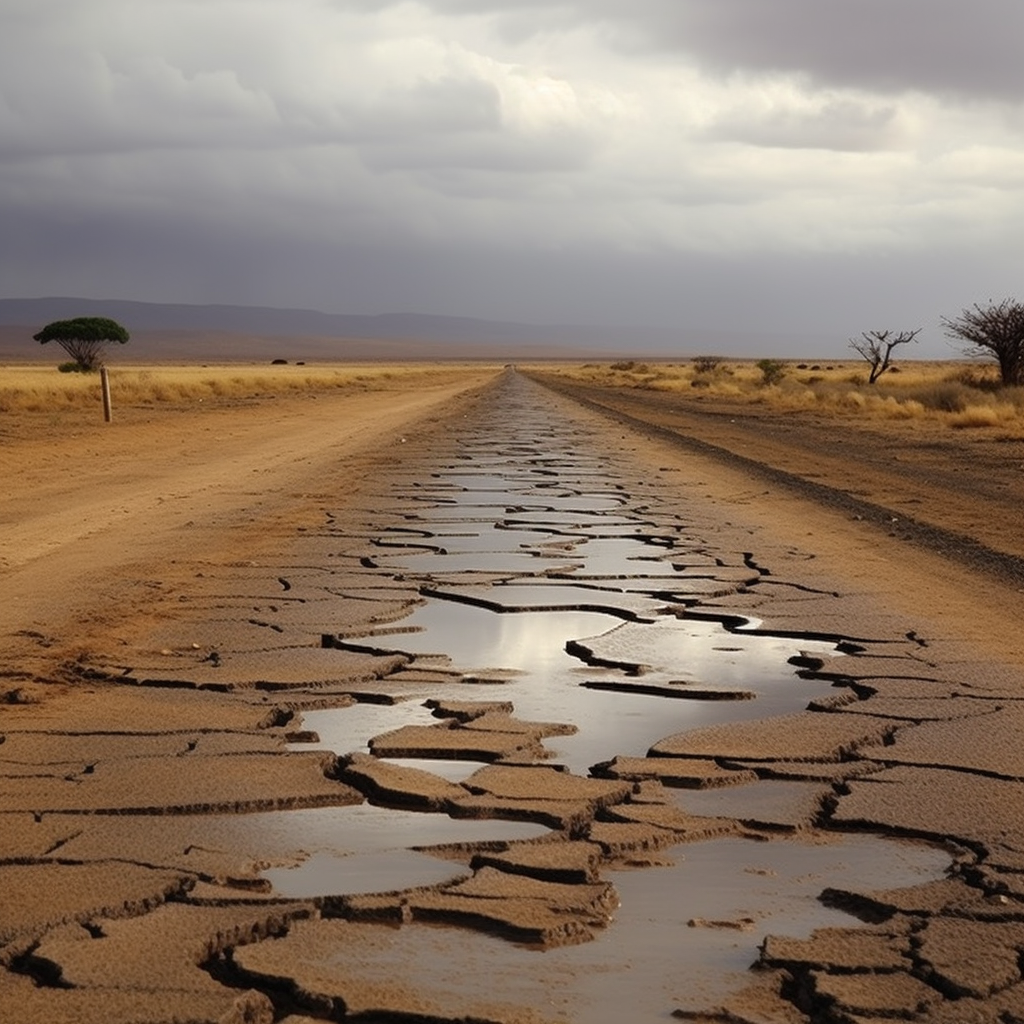May 1, 2023
Human-Induced Climate Change Blamed for Dire Drought in East Africa
Book a Demo
The Horn of Africa and Eastern Africa have been experiencing an intense drought that has led to severe food and water shortages, affecting millions of people. This drought has been ongoing for several years, and the situation is getting worse with each passing day. Scientists have concluded that the drought in East Africa is directly linked to climate change caused by human activity, and it would not have happened without it.
According to a report by Inside Climate News, the drought in East Africa has been attributed to the rise in global temperatures caused by human-induced greenhouse gas emissions. The report stated that the warming of the Indian Ocean and the western Pacific Ocean, caused by human activity, has resulted in the weakening of the Walker circulation, a pattern of winds that is critical to the climate of the region. This weakening has led to a decrease in rainfall over the Horn of Africa and Eastern Africa, resulting in the current drought.
Furthermore, a report by the Associated Press also confirms that climate change is the primary driver of the drought in East Africa. The report stated that the drought has caused a significant decrease in agricultural production, leading to food shortages and rising food prices. The UN estimates that over 10 million people in the region are in need of humanitarian assistance due to the drought, with children and women being the most affected.
Scientists have warned that the drought in East Africa is just the beginning of what could be a more severe climate change impact on the region. The drought is likely to become more frequent and more severe, leading to a rise in the number of people affected. Climate change is also expected to cause other extreme weather events such as floods and heatwaves that could cause further devastation to the region.
The report by Sky News further emphasized the human-induced nature of the drought in East Africa. The report stated that the current drought would not have happened without human activity and the resulting warming of the planet. The report also highlighted the fact that the Horn of Africa and Eastern Africa are some of the most vulnerable regions to the impacts of climate change, given their reliance on rain-fed agriculture.
The drought in East Africa is not only a humanitarian crisis but also a wake-up call for the global community to take action against climate change. It is imperative that countries take urgent and ambitious measures to reduce greenhouse gas emissions to limit the rise in global temperatures. Countries also need to support vulnerable regions like East Africa in adapting to the impacts of climate change, including investing in climate-resilient infrastructure and agriculture.
The drought in East Africa is a stark reminder of the consequences of climate change caused by human activity. The region is experiencing severe food and water shortages, and millions of people are in dire need of humanitarian assistance. Urgent action is needed to address the root cause of the problem by reducing greenhouse gas emissions and supporting vulnerable regions in adapting to the impacts of climate change. Failure to act could result in more severe and frequent climate change impacts, leading to further humanitarian crises across the globe.





